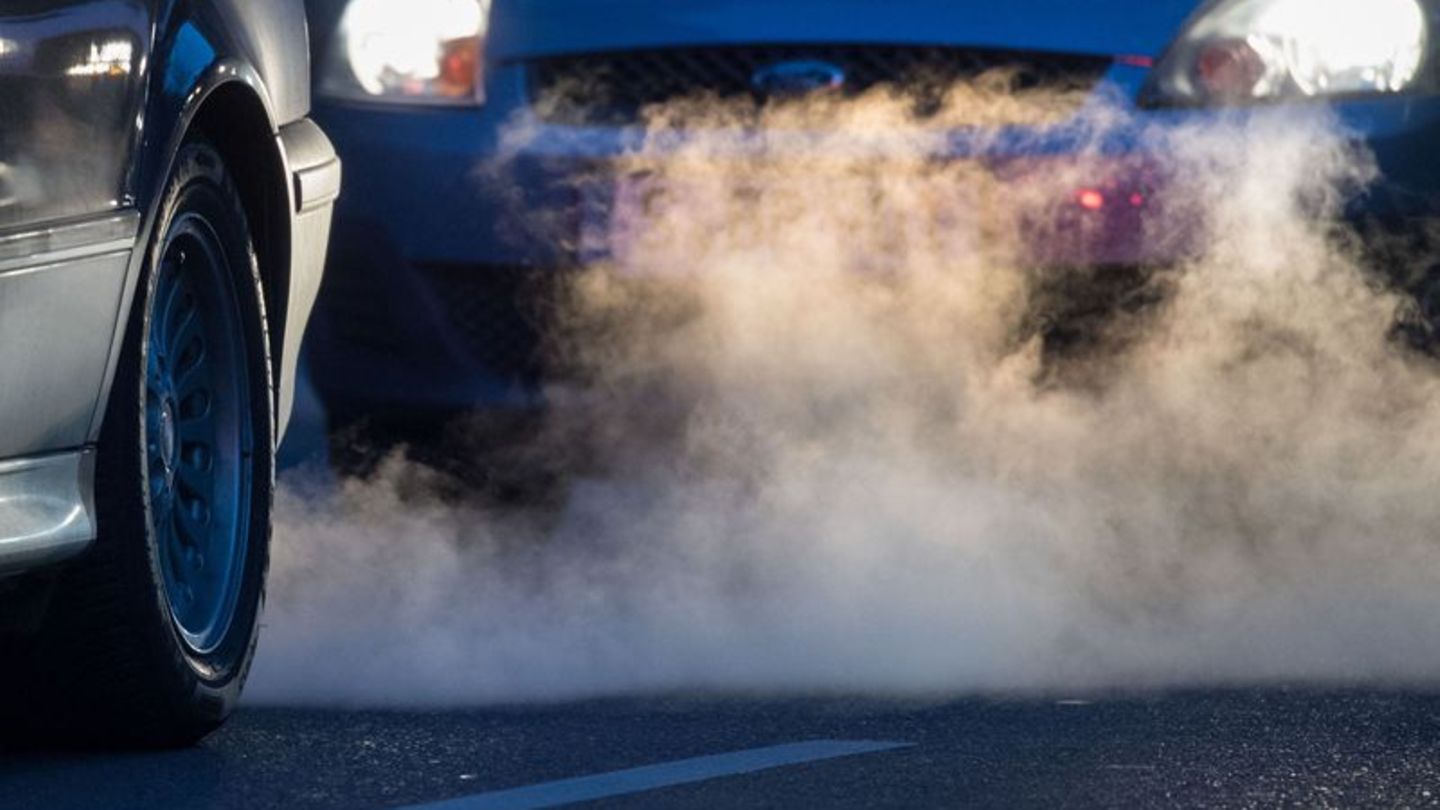Are millions of diesel cars on Europe’s roads at risk of being taken out of service? After an open letter from Transport Minister Wissing, the EU Commission is trying to calm the waters.
The EU Commission does not want to retrospectively change regulations on compliance with emissions limits for cars, which could lead to millions of diesel vehicles being taken out of service. The Brussels authority has no intention of making retroactive changes, according to a letter from EU Internal Market Commissioner Thierry Breton to Federal Transport Minister Volker Wissing. The Commission also does not want to take any measures “that would in any way disadvantage citizens who bought cars in good faith.” It was also emphasized that car manufacturers should not be burdened with additional administrative costs. The letter has been made available to the German Press Agency.
FDP politician Wissing had previously warned the EU Commission against shutting down millions of diesel vehicles and demanded clarification in an open letter to Commission President Ursula von der Leyen. The background to the debate is a case before the European Court of Justice (ECJ). The core issue is compliance with emissions standards – i.e. pollutant limits for diesel vehicles.
EU regulations on pollutant levels
According to EU law, the pollutant values must be met under certain conditions (so-called NEDC test). This happens in test centers. As a result of the diesel scandal, emissions tests under real driving conditions (RDE) were also developed. Such a procedure now also applies to the approval of new vehicle types from the “Euro 6d temp” standard. According to the Commission, the ECJ already ruled in an earlier ruling that emissions tests can no longer be limited to laboratory tests. Older Euro 5 and Euro 6 diesels are approved according to the NEDC and do not meet the RDE guidelines.
According to Wissing, in the court proceedings the EU Commission took the view that the pollutant limits apply to every driving situation. This would mean that the limits would also have to be complied with when driving at full load on an incline – for example when a fully loaded car drives uphill and emits comparatively more pollutants. According to Wissing, this is not feasible given the current state of technology. All Euro 5 approvals would be called into question. Consequences for vehicles that meet the Euro 6 emissions standard have not been ruled out either. “Millions of vehicles are therefore at risk of being taken out of service,” said Wissing in his letter.
Court decision pending
In the reply letter he was asked to provide by Commission President von der Leyen, Breton called Wissing’s assumption “misleading.” The Commission had merely stated “that the car emission limits must be complied with under normal conditions of use,” a spokesman added. This does not mean every driving situation. Nor has the authority ever changed its position on this issue. Breton wrote: “Without prejudging the outcome of the pending legal proceedings, the Commission will continue to promote solutions that promote clean and healthy air and promote a predictable and implementable regulatory framework.”
According to the Commission, the rulings affect vehicles that were placed on the market before the current testing procedures came into force, between 2011 and 2018.
Decommissioning raises legal concerns
The ADAC stressed that the vehicles in question had been properly registered. “Changes to the measurement procedure for the type approval of a vehicle at a later date cannot, in the opinion of ADAC lawyers, be applied retroactively.” Against this background, an operating ban would be “absurd”.
The President of the Association of the German Automotive Industry (VDA), Hildegard Müller, also stressed: “Retroactive application of new procedures and standards would in any case be a violation of the principle of non-retroactivity and the rule of law principle in EU and German constitutional law.”
Source: Stern




